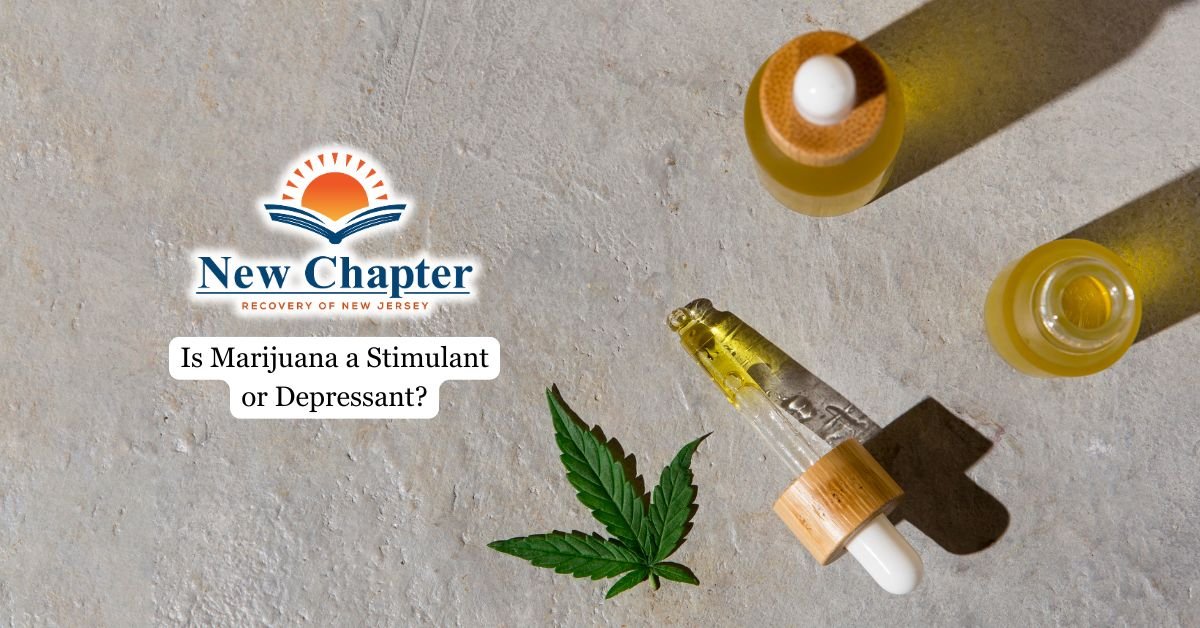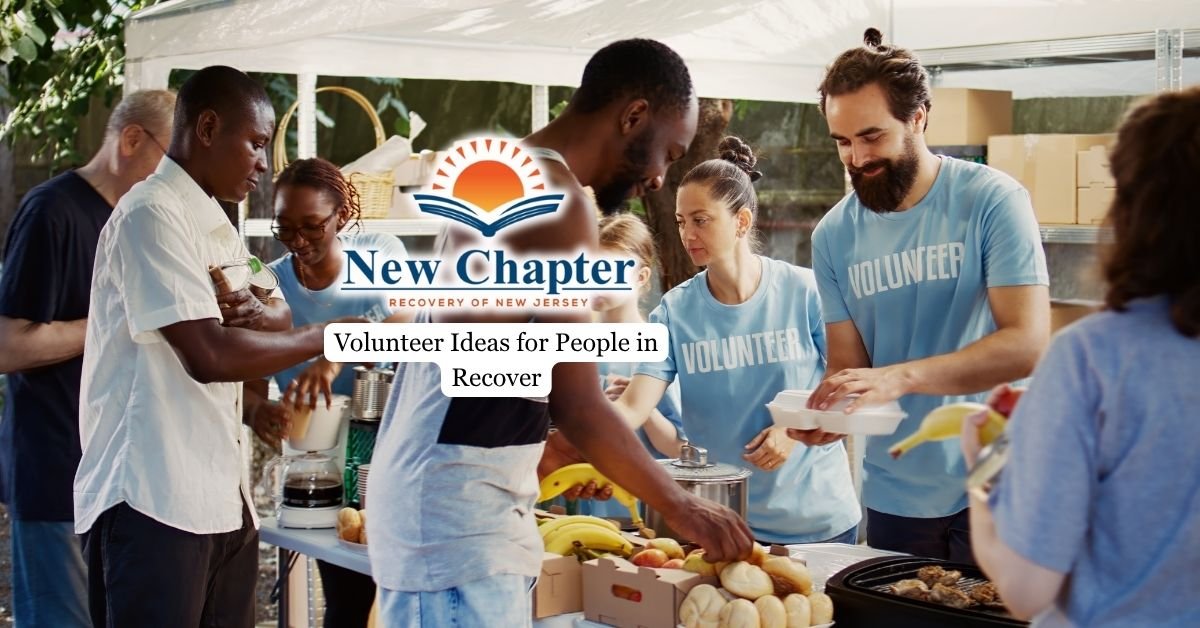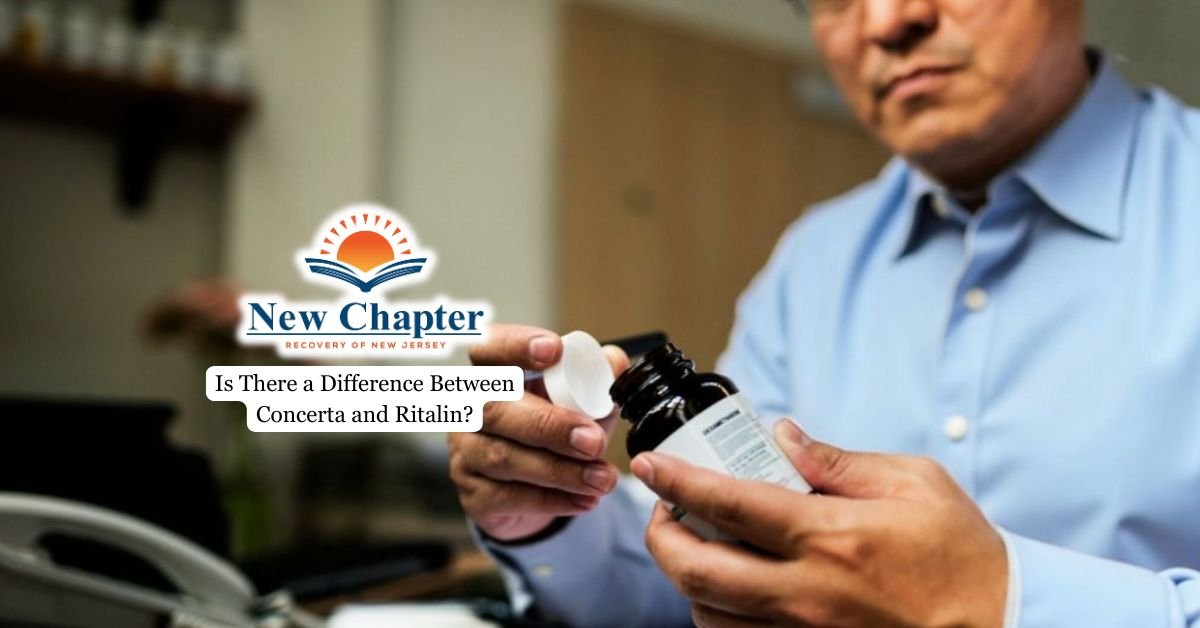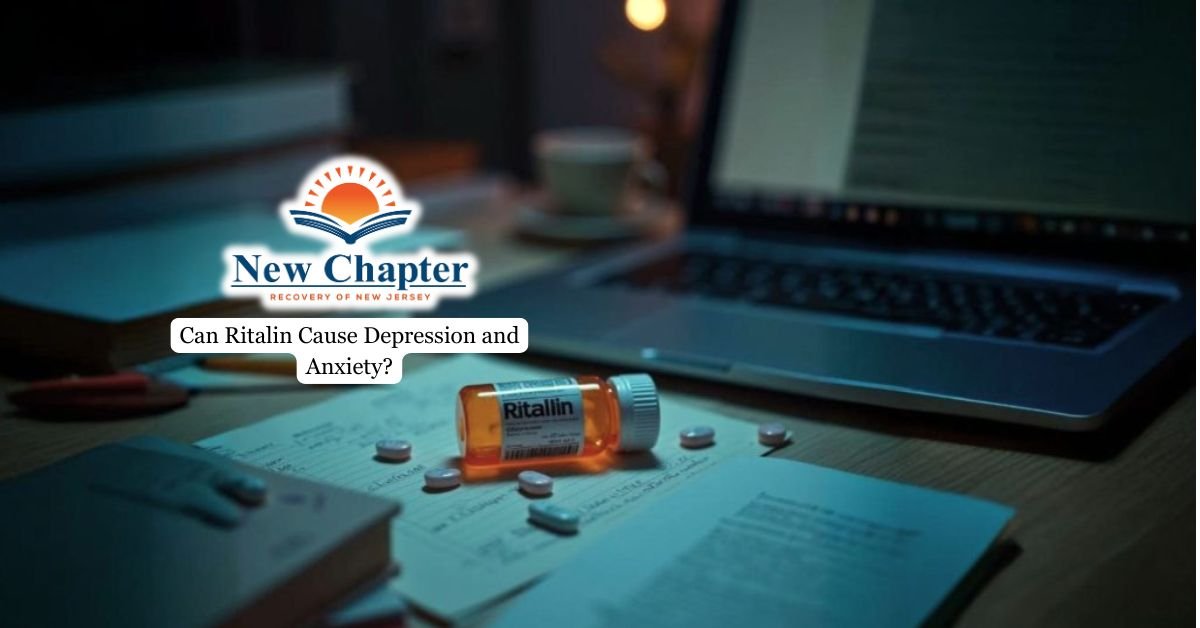Addiction counseling is a key part of recovery, offering a structured space to explore underlying issues, triggers, and personal goals. Understanding what you might talk about in counseling can help reduce uncertainty and build confidence in your recovery journey.
This article dives into the core topics often discussed in therapy and how they contribute to long-term success.

Understanding Addiction and Substance Abuse
One of the first steps in addiction counseling is building awareness about your relationship with drugs or alcohol. Many individuals struggling with a substance use disorder may not fully understand the behavioral patterns or emotional triggers behind their addiction.
Through cognitive behavioral therapy and other evidence-based approaches, your counselor helps you identify these patterns and develop insight into your substance use.
Therapy sessions often cover the root causes of substance abuse, including childhood experiences, trauma, or relationship dynamics. These discussions allow you to better understand your past and how it influences your current behavior. Understanding addiction on a deeper level provides a strong foundation for building lasting sobriety.
Identifying Triggers and Negative Thought Patterns
Addiction counseling helps you recognize internal and external triggers that can lead to cravings or relapse. Triggers can range from stress and boredom to specific people or environments. Identifying these triggers during one-on-one or group therapy sessions enables you to proactively avoid or manage them.
A core component of therapy is addressing negative thoughts and belief systems. These patterns can reinforce substance use and reduce self-worth. Cognitive behavioral therapy aims to help reframe these thoughts, promoting self-awareness and emotional regulation. Talking through your thoughts and feelings with a trained therapist helps develop healthy coping strategies and improves overall behavioral health.
Developing Coping Skills and Relapse Prevention Strategies
Another major topic in addiction counseling involves learning healthy ways to manage stress, difficult emotions, and day-to-day challenges. Your counselor will work with you to develop individualized coping skills that support long-term addiction recovery.
These coping strategies may include mindfulness practices, healthy relationships, and constructive outlets like exercise or music therapy. The goal is to replace bad habits with behaviors that support sobriety. Addiction counselors also guide you through potential triggers and how to respond effectively if cravings occur. Relapse prevention is an important part of addiction treatment and prepares you to maintain progress even after rehab.
Exploring Personal Goals and Life Skills Development
In addiction counseling, you’ll also talk about your personal goals and the life you want to create in recovery. Setting goals gives purpose and direction, reinforcing your motivation to stay sober. Discussions may include career plans, education, hobbies, or rebuilding healthy relationships.
Therapy also addresses practical life skills—like time management, financial responsibility, and communication—that may have been disrupted during addiction. Life skills development is a critical aspect of substance abuse treatment, as it equips you to handle everyday responsibilities while maintaining your sobriety.

The Role of Group Therapy and Peer Support
While individual therapy is essential, group therapy is an important part of addiction recovery. Substance abuse group therapy provides a space to connect with others who share similar struggles and experiences. These group therapy sessions foster a sense of community, reduce isolation, and offer peer support that is vital during early recovery.
Topics in substance abuse group sessions often include relapse prevention, coping mechanisms, self-care, and relationship dynamics. Group talks can provide insight and motivation by showing that recovery is possible for everyone. Substance abuse group therapy also helps you develop empathy and engage with others in constructive, meaningful ways.
Addressing Co-Occurring Mental Health Conditions
Many individuals in addiction counseling also deal with co-occurring mental health disorders such as depression, anxiety, or PTSD. These conditions often fuel substance abuse and need to be addressed concurrently.
Psychotherapy is used to help clients understand how these mental health challenges influence their addiction. Techniques like CBT or even alternative types of therapy such as music therapy may be integrated into the treatment. Addressing these issues holistically improves overall behavioral health and supports long-term recovery.
Final Thoughts from New Chapter Recovery
At New Chapter Recovery, we understand that addiction counseling plays a vital role in long-term recovery. Our approach focuses on helping individuals recognize triggers, strengthen coping skills, and build meaningful change through structured, evidence-based therapy in Utah. We’re committed to supporting each person’s growth with care that is informed, practical, and deeply rooted in real-life healing.






